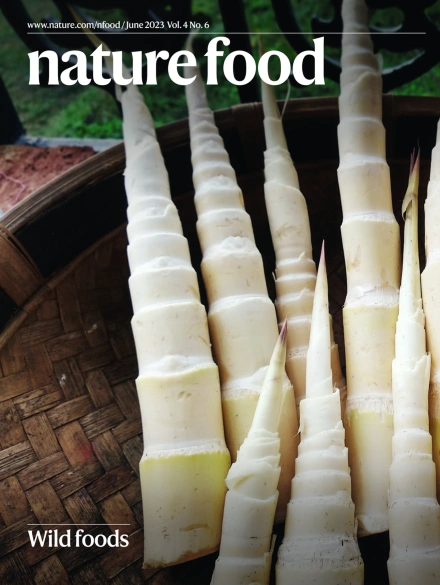The interaction between climate change and agricultural intensification contributes to biodiversity loss, while widespread degradation of land and water undermine food system productivity. Agroecological principles aim to guide food systems transformation but rarely refer to water or aquatic foods, which are critical elements of nutritious, sustainable and equitable food systems. Here we examine the principles and frameworks presented in agroecological literature and suggest rephrasing of six of the principles to incorporate water, aquatic foods and land- to seascapes. We recommend three cross-sectoral actions that leverage aquatic features in agroecosystems to facilitate more effective transition pathways towards sustainable food systems.
DOI:
https://doi.org/10.1038/s43016-025-01152-9
Dimensões Contagem de citações:

















